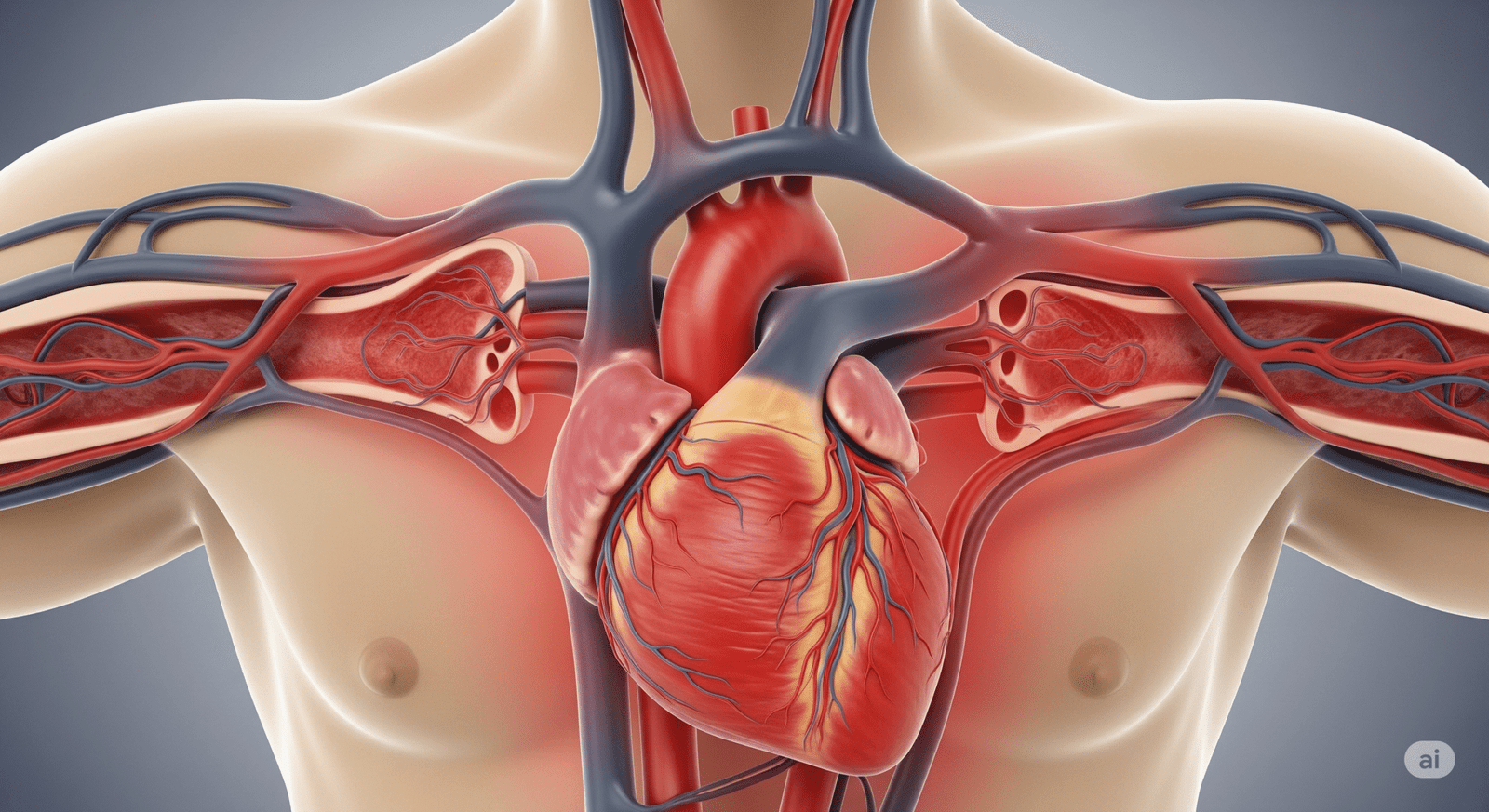Introduction
High blood pressure, also known as hypertension, is a serious health condition that can lead to heart disease, stroke, and other complications. Managing blood pressure effectively is crucial to long-term health.
What is High Blood Pressure?
Blood pressure is the force exerted by circulating blood on the walls of blood vessels. When this pressure is consistently too high, it can cause damage to the arteries and vital organs.
Causes of High Blood Pressure
-
Genetics: A family history of hypertension increases the risk.
-
Lifestyle Factors: Poor diet, lack of physical activity, and excessive alcohol intake contribute to high blood pressure.
-
Stress: Chronic stress can elevate blood pressure levels.
-
Other Health Conditions: Diabetes, kidney disease, and obesity can lead to hypertension.
Symptoms of High Blood Pressure
Often called the “silent killer,” high blood pressure may not show symptoms until it has caused significant damage. When symptoms do appear, they may include:
-
Headaches
-
Shortness of breath
-
Nosebleeds
-
Dizziness
How to Manage High Blood Pressure
-
Healthy Diet: Reduce salt intake and eat more fruits, vegetables, and whole grains.
-
Regular Exercise: Physical activity strengthens the heart and lowers blood pressure.
-
Medications: Depending on severity, doctors may prescribe blood pressure-lowering medications.
-
Stress Management: Techniques such as meditation and yoga can reduce stress-induced hypertension.
Conclusion
Controlling high blood pressure is key to reducing the risk of serious health problems. Regular check-ups, a healthy lifestyle, and medication, if necessary, can help maintain healthy blood pressure levels.

